
(ECNS) -- The North Atlantic Treaty Organization (NATO) has held its summit in Washington, D.C. from July 9th to July 11th. Around topics of the summit itself and NATO’s role in the Ukraine crisis, Zhu Feng, executive dean of School of International Studies at Nanjing University, Yan Xuetong, dean of the Institute of International Relations at Tsinghua University, and Warwick Powell, senior fellow at Taihe Institute, were invited in the latest W.E. Talk to share their opinions.
Zhu Feng noted that if NATO continues to support Ukraine in such a high-profile and comprehensive way, it would only be detrimental to peace negotiations to resolve the Ukraine crisis. Yan Xuetong stressed that as the Ukraine crisis goes deeper, the disagreements within NATO members will only become greater. Warwick Powell pointed out that NATO has now exposed itself in the theater of Ukraine as being an institution that actually cannot and has not fulfilled its fundamental purpose.
Here’s an excerpt of the dialogue:
China News Network: The NATO Summit was held in Washington D.C. from July 9th to July 11th, discussing topics related to defense, the Ukraine crisis and global partnership. What is the fundamental goal of this summit? And will NATO member countries resolve internal differences and reach an agreement in terms of the Ukraine crisis?
Zhu Feng: What NATO has done in the Ukraine crisis is continuing solidifying the Ukraine crisis as a "Great Power Proxy War". Though no troops have been directly sent from the U.S. and European countries, the Ukraine crisis has persisted largely due to the comprehensive military support provided by the U.S. and other NATO members to Ukraine, including support in information and intelligence.
During the summit, NATO member countries still hoped the Ukraine crisis could escalate into a "Great Power Proxy War" that aims to impair and hit Russia. Otherwise, NATO’s military support to Ukraine will be "useless", which will harm the internal unity of NATO and get in the way of its future development. However, if NATO continues to support Ukraine in such a high-profile and comprehensive way, it would only be detrimental to peace negotiations to resolve the Ukraine crisis.
Yan Xuetong: NATO aims to get more support for its policies of the Ukraine crisis. It was established as a security institution in Europe to respond to military threats from the Soviet Union. After the Cold War, NATO faces an existential question by the collapse of the Soviet Union: there is no danger of war, so there is no reason for NATO to continue to exist. That’s why NATO has been engaged in many military conflicts outside Europe after the Cold War. It aims to consolidate the legality of its existence, and thinks that the Ukraine crisis can help with this. So it worries that the U.S. government may change its policy to NATO if Donald Trump wins the 2024 presidential election.
As a military alliance organization, NATO has come up with some ways such as waging wars outside Europe and supporting the regional conflicts in the Middle East. After all, these are its way of living. Therefore, the priority of the summit is to provide more military equipment for Ukraine for a long war.
The extent to which NATO members can maintain a unified policy on the Ukraine crisis depends on the duration and situation of the crisis. The worse the situation on the battlefield gets, the more divergent the opinions will be. And the longer the crisis continues, the greater the internal disagreements will be. So as the Ukraine crisis lurches on, the disagreements on such issues within NATO members will only intensify.
Warwick Powell: Despite the fact that NATO is arguably at its most vulnerable time because of the problems of the conflict in Ukraine and its own lack of success, it is seeking to expand its footprint. NATO is, or was, the North Atlantic Treaty Organization, focusing on issues specifically within the North Atlantic circle. And what we're likely to see as NATO convenes in Washington is the "A" that has historically stood for Atlantic has now been changed to "Asia" as NATO stretches its wings. It's already doing that in efforts with its so-called global partnership. It sought to establish a presence in Japan in 2023.
This is NATO's 75th-anniversary meeting, and it comes at a time when NATO is bigger and better than it's ever been in the sense that it has more members than it's ever had. But at the same time, NATO is at a moment when it is actually at its most vulnerable time. Over the course of the last 30 years, NATO has been involved in an expansion program when it actually has no traditional adversary anymore. There really was no reason for NATO's continued existence, and yet NATO continues to expand and build up its machinery.
Because having waged a number of aggressive initiatives over the last 20 years or so, NATO has now exposed itself in the theater of Ukraine as being an institution that actually cannot and has not fulfilled its fundamental purpose.
If its fundamental purpose and reason for existence were as a deterrence and as a force for peace, then the conflict that has been raging in Ukraine since actually 2014 is proof that NATO is failing. The fact that it's failing militarily also shows that its organizational purpose is under serious question today.
China News Network: Over 20 NATO member countries spent at least 2% of GDP on defense in 2024. And the rise of defense spending is largely due to the U.S., What is the purpose of the United States?
Zhu Feng: With more military spending, larger military presence and greater military capabilities, NATO member countries can better cope with the challenges to Europe's regional security that has arisen from the Ukraine crisis.
So, in this regard, the U.S. aims to expand NATO's military influence beyond Europe and ensure NATO's military capabilities are aligned with its strategic needs, furthering its geopolitical strategy of containing China. NATO's interference in Asian affairs is part of America's efforts to make NATO's security role more transregional and globalized. Behind the upgrading of NATO's military capabilities lies America's sinister intentions.
Yan Xuetong: I don't think NATO member countries have increased their military spending because the U.S. told them to do so. They did it because the U.S. didn't offer enough military equipment to Ukraine. If other NATO member countries didn't do it, the situation on the battlefield may develop in a direction that is not conducive to Ukraine. Therefore, some NATO member countries had to do it.
The U.S. is the biggest beneficiary of the Ukraine crisis. It isolates Russia, widens the gap between Europe and China strategically, and deteriorates China's relationship with Japan and the ROK. However, America's European allies are burdening enormous pressure. The European public believes that the increase in military spending has put economic pressure on social welfare and undermined public sector investment. Increased military spending would also add to the domestic instability of America's European allies.
China News Network: The North Atlantic Council decided to appoint Dutch Prime Minister Mark Rutte as the next Secretary General of NATO, succeeding Jens Stoltenberg. Do you think the upcoming Secretary-General will bring any change to NATO?
Zhu Feng: I don't think he will bring substantial changes to NATO’s stance on the Ukraine crisis, hostility to and sanctions against Russia and regional security issues in Europe.
NATO is a transatlantic security mechanism, and it has undergone challenges and pressure due to the Ukraine crisis. Therefore, the most important thing for Mark Rutte is to maintain NATO’s fundamental position on the Ukraine crisis. The question is whether he can bring new, creative perspectives to encourage peace talks and accelerate the negotiations for resolving the Ukraine crisis. It is no doubt a major challenge and a test for him.
China News Network: What is the reason behind the Australian Prime Minister's absence from the summit? Does it mean any changes in U.S.-Australia relations?
Zhu Feng: Australia has stressed that its security concerns remain focused on the Asia-Pacific region, so the attendance the Deputy Prime Minister and Minister for Defence Richard Marles at the NATO summit is a very clear signal that while Australia is an ally of the U.S., it has no interest in standing with NATO in having aggressive strategic posture toward the East.
Yan Xuetong: The Australian administration is considering its interests in Asia. If it ties itself too tightly to NATO, it may not do itself much good in the region. For example, the policies of the previous Australian administration led to China's sanctions, which caused a lot of economic losses. Starting from the second half of 2023, China-Australia relations have been improving, and the speed of improvement is quite fast. The current Australian administration believes that antagonizing China is not good for Australia at all.
Warwick Powell: Australia is not a member of NATO. There are people in Australia, organizations and forces that would be strongly supportive of intensifying Australia's relationship with NATO. However, that's certainly not a universally held view. The fact that the Australian Prime Minister is not going is a recognition firstly that Australia is not a member of NATO.
The "A" in NATO still stands for Atlantic, not Asia. And the fact that Deputy Prime Minister and Minister for Defence Richard Marles is leading the delegation to NATO reflects that Australia does have a decades-old security relationship with the U.S. and the security relationship between Australia and the U.S. has largely been carried by Richard Marles, so it seems to make some sense that there is continuity in that responsibility being taken forward.
I don't think that the fundamental relationship between Australia and the U.S. has changed, and the personnel attending the NATO summit is no indication of any real change at all.
But there are many people in Australia who would be resistant to the idea of NATO becoming a part of the Asia-Pacific security architecture. But at the same time, Australia does have this long-standing security relationship with the U.S.
China News Network: The U.S. held a trilateral summit with Japan and the ROK. What influence do you think such a move will bring to the region and the entire world?
Zhu Feng: We are concerned about what the NATO Summit will bring in terms of attempts to strengthen dangerous interventions in Asia-Pacific regional security. No matter with legal limits to basic defense areas, or with traditional political and diplomatic issues, NATO's geopolitical activities were primarily within Europe. But as seen in recent NATO summits, apart from expressing strong criticism and dissatisfaction against Russia over the Ukraine crisis, there have also been consistent discussions of issues related to China. In this regard, the Taiwan Question and the South China Sea issue are also included in the NATO Summit's so-called declaration.
So, under pressure and influence from the United States, NATO is now aiming to further interfere in security affairs in the Asia-Pacific region, which will be a significant disruption and harm to regional security and global stability. In particular, NATO has been inviting America’s Asia Pacific allies including Japan, the ROK and Australia, to its summit, aiming to transcend the geographical limitations and form a global coverage of the U.S.-led NATO system.
Yan Xuetong: Both Japan and the ROK have been relying on U.S. military protection since World War II. So they believe that only America’s hegemony can provide security protection for them. The stronger the U.S. hegemony becomes, the more reliable the military protection it provides. So both countries are not against U.S. hegemony. All they worry about is whether they can bear the economic requests from the U.S. while providing military protection. That’s where the contradiction lies.
As for regional influence, we can see that multilateral military alliances are currently not working in Europe. In Asia, the U.S. has only bilateral military alliances rather than real multilateral military alliances, which allows "long-term peace" from 1991 in East Asia. As an old saying goes, "The cure is sometimes worse than the disease". When we are not sure whether multilateral military alliances will have positive effects on the security of the Asia Pacific region or not, do not take any risk.
Warwick Powell: American pursuit of primacy in Asia is contrary to the interests of peace in Asia, and is anathema to peace and stability in Asia. Now what it's doing in relation to Japan and the ROK is leveraging historic relationships at a security level, and also leveraging its economic power over the two countries in question. The U.S. has a significant military presence in both countries, and because of that, both countries have only a very limited window of autonomy when it comes to questions of security.
The U.S. is seeking to make the best use of its post-war allies and its client states, to extend and maintain its reach into the Asia Pacific region. Of course, this causes some friction in these countries, because not everybody in these countries necessarily welcomes the ongoing role of the U.S. in Asia, let alone in their own countries. Most obviously, we see that in the recent public demonstrations in Okinawa against the presence of the United States Marines. In many respects, the ongoing presence of the United States Marine Corps is not a welcome feature of Japan.
The United States military footprint has extended across the world, with over 800 bases and a Navy designed to project American power to all parts of the globe. The United States military doctrine has been designed historically to support a "two-war" approach. That is the ability for America to fight two full-on wars in two different parts of the world at the same time. That particular approach has come part and parcel with a security doctrine that says that all parts of the world are subject to American security interests. Because of that and what's happening in Ukraine and in Gaza, the U.S. has found itself stretched in ways that have left it militarily vulnerable in this part of the world. So it is reaching out to its post-war client states to boost its presence in the region.
Interestingly, Japan has seen this small window of opportunity to intensify a remilitarization of Japan, not necessarily with a view of being an American foot soldier forever, but with a view to testing how far they can reassert their own military autonomy. So there are two things going on in Japan: firstly, there is continued hostility to an ongoing American presence in Japan, and Japanese nationalism continues to persist. Secondly, there will be a very subtle move by the Japanese government to test and exploit this little window of opportunity to become more autonomous in the region in the name of supporting the U.S. agenda.








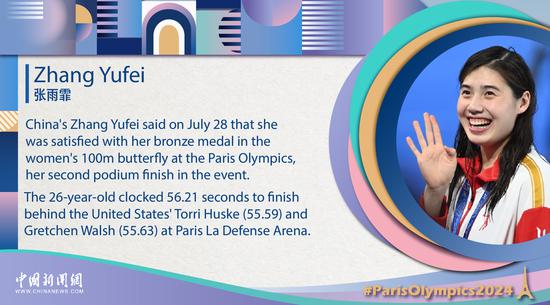
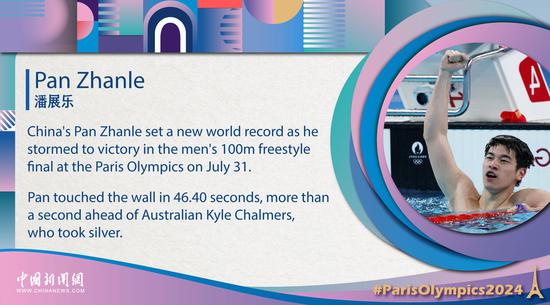
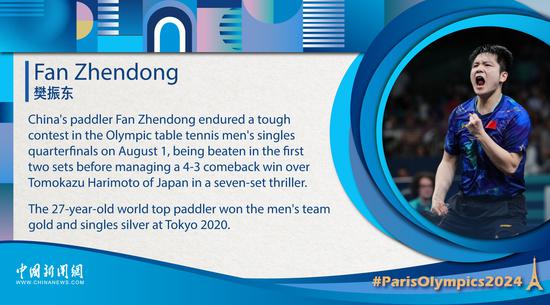
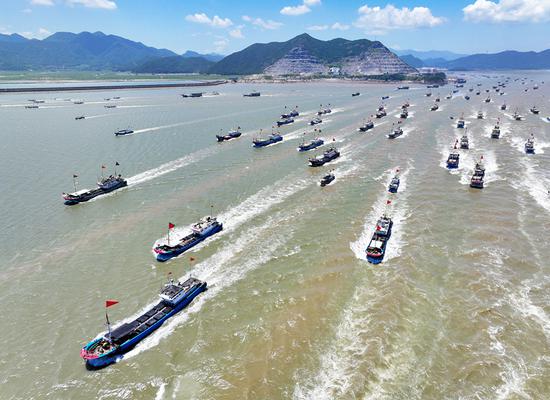
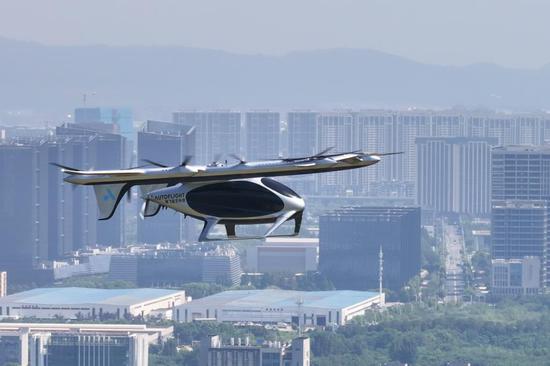
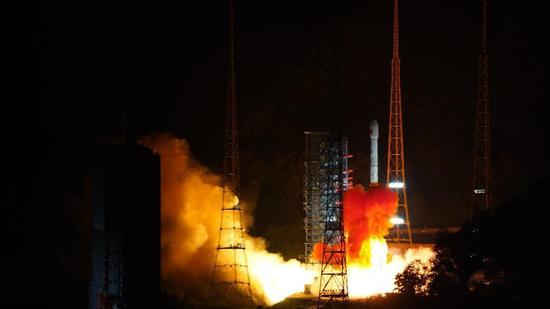

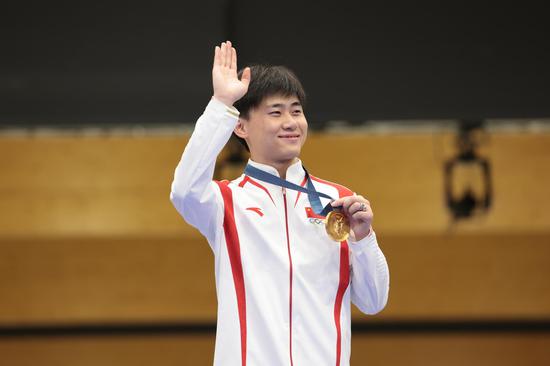

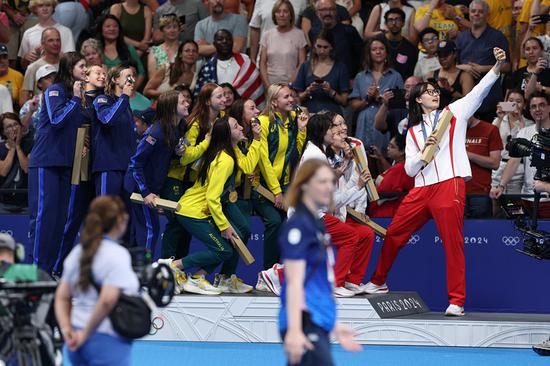
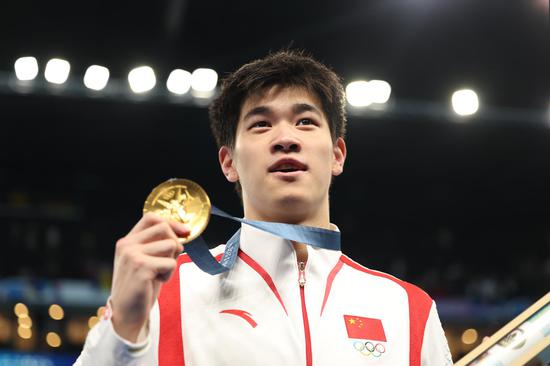



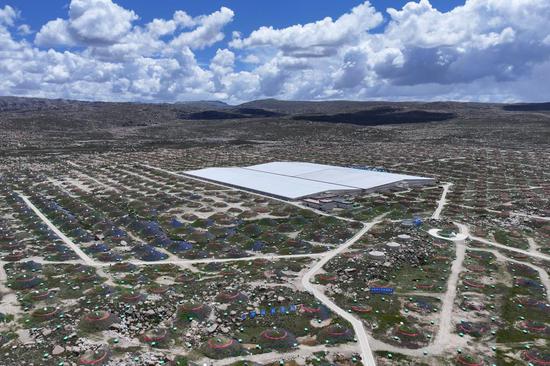
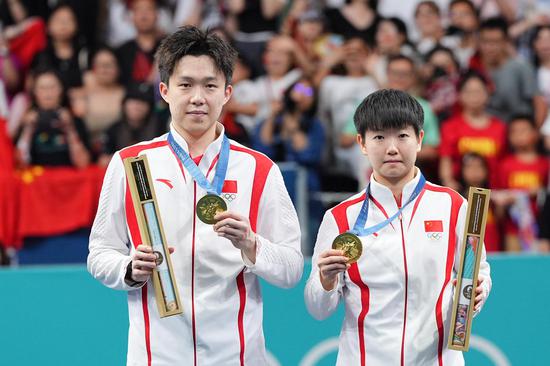

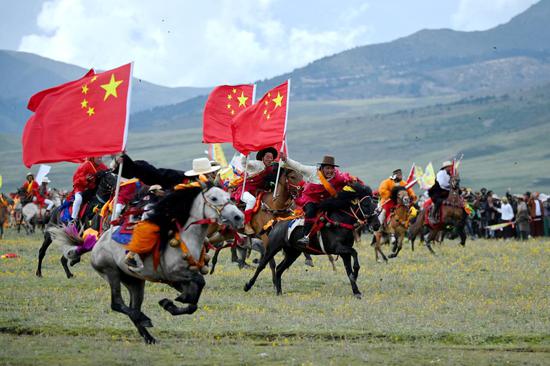


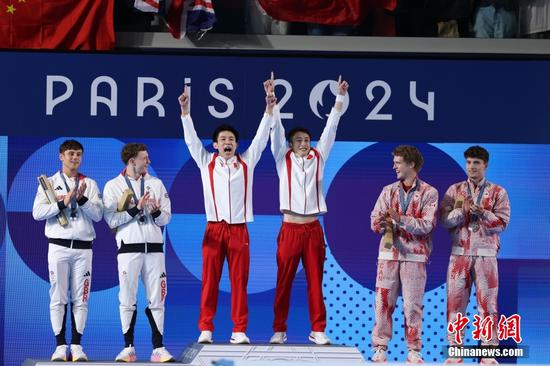
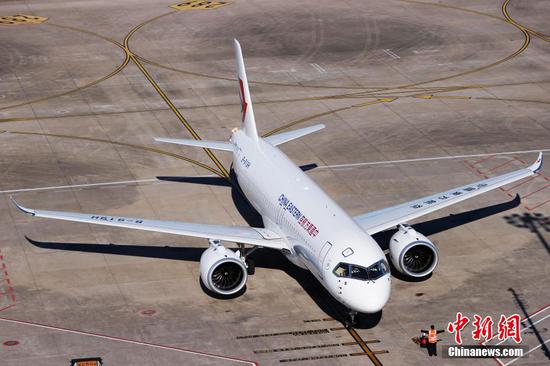

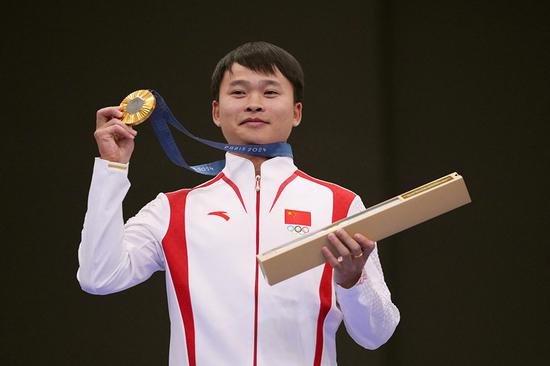

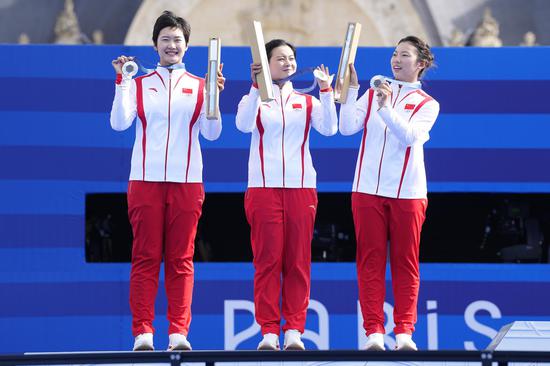



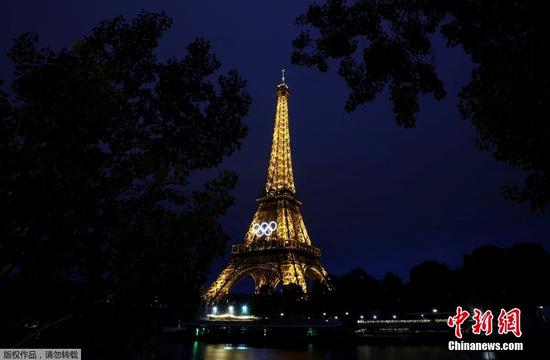
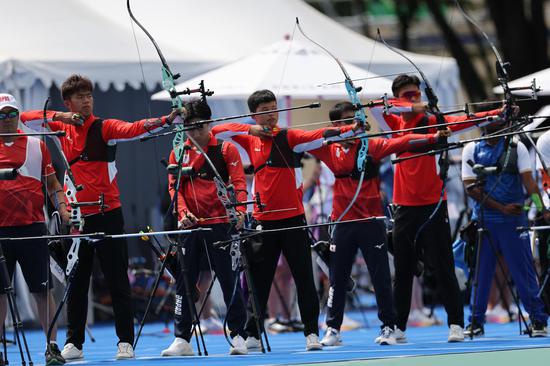
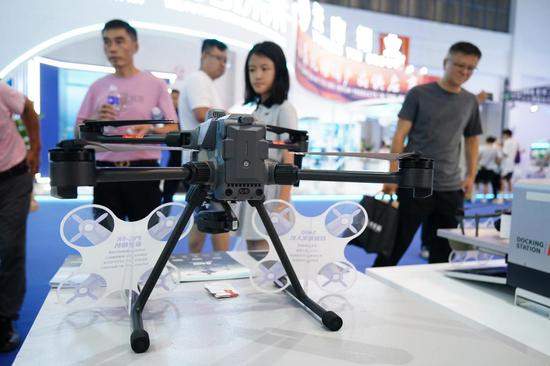
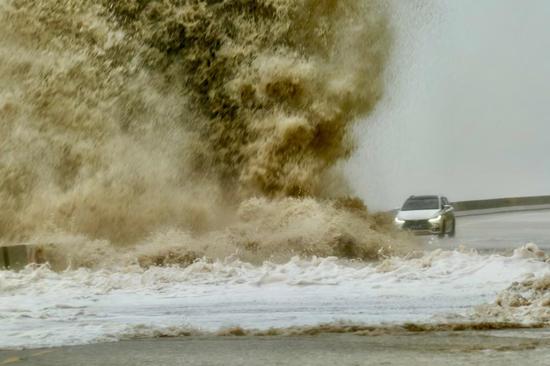






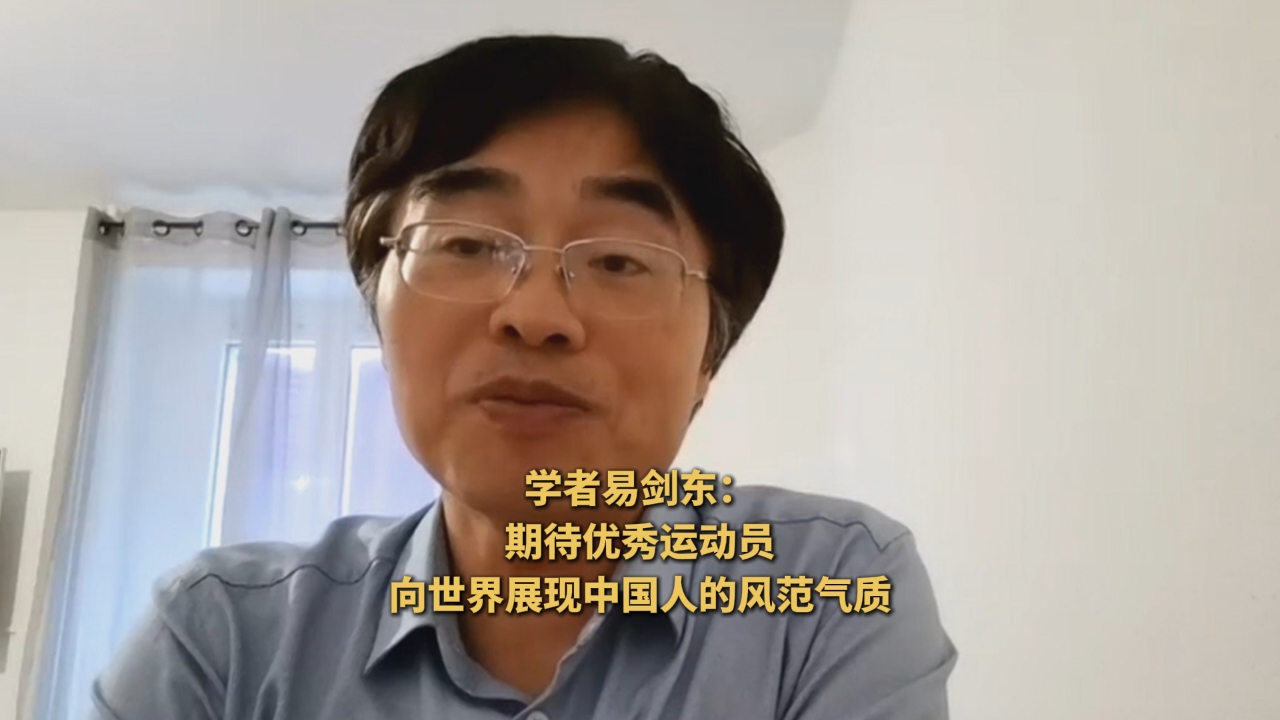

 京公网安备 11010202009201号
京公网安备 11010202009201号